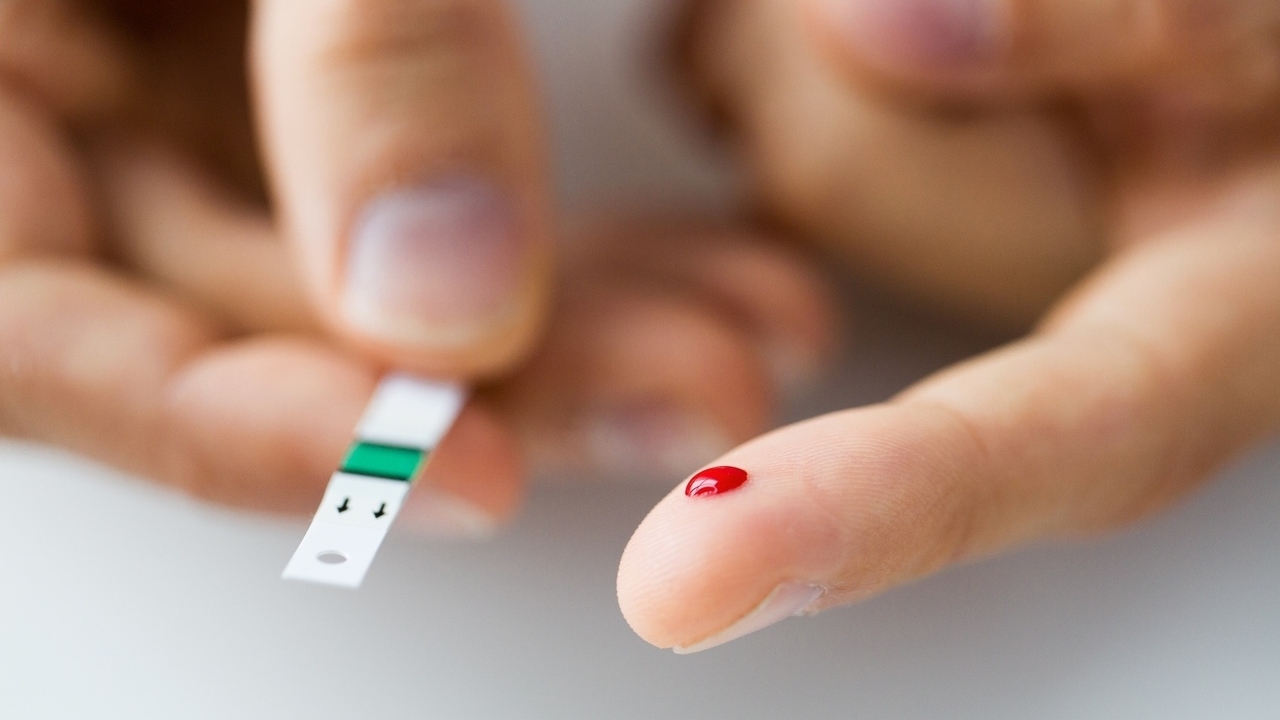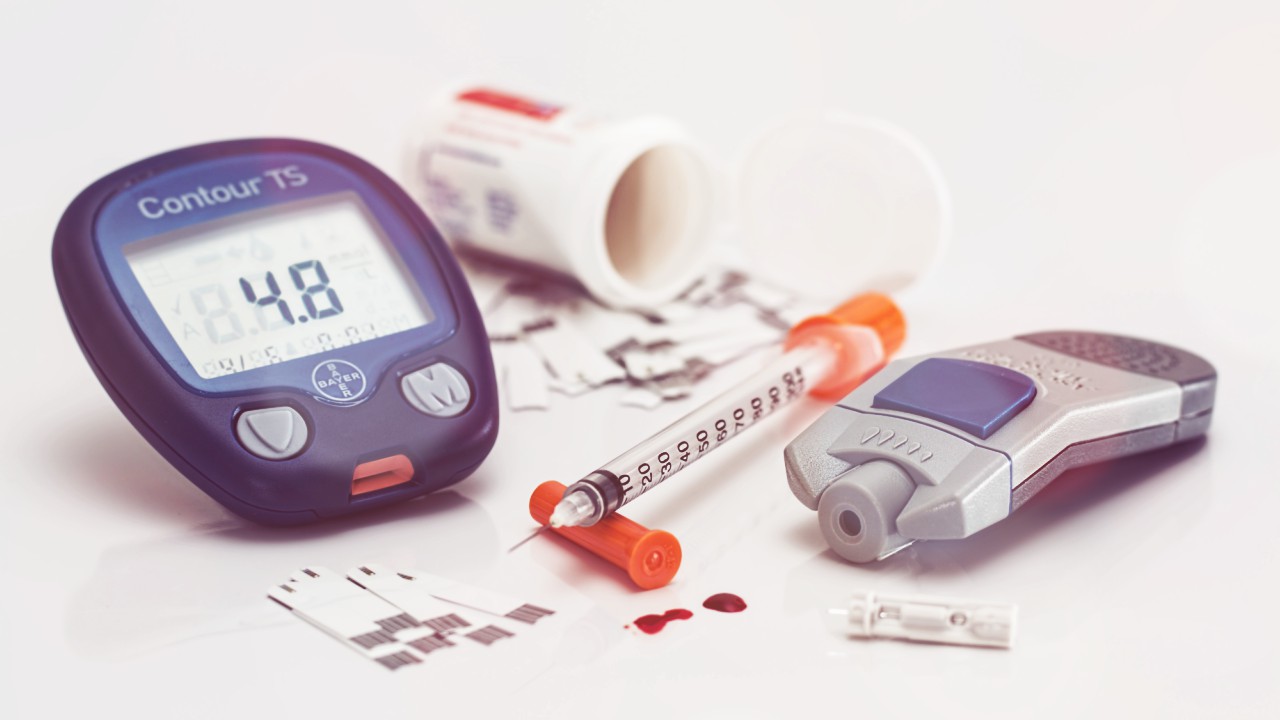Diabetics are more prone than the average person to nerve damage called neuropathy. Neuropathy causes an assortment of unpleasant sensations.
You may feel numb or tingling, or you may feel intense pain. It can be ongoing and never-ending, or it can appear and disappear. Your feet and your legs are the most likely areas to be afflicted, however any part of the body can be targeted.
Diabetic neuropathy comes in a number of forms.
Peripheral Neuropathy
Peripheral neuropathy can make walking a misery. Your feet are more prone to infection, ulcers, as well as bone and joint pain. Your feet may be assailed with stabbing pains at night.
Autonomic Neuropathy
Autonomic neuropathy commonly affects people whose diabetes has not been well-regulated for some years. It can cause a tendency to urinary tract infections or lack of urinary control. You could find yourself alternating between diarrhea and constipation.
Your heart may race for no apparent reason. Your eyes may adjust with great difficulty to changes from light to dark.
Women may suffer from vaginal dryness and sexual dysfunction of various kinds. Men may experience erectile dysfunction.
Other autonomic abnormalities include difficult adjustment to blood pressure, body temperature regulation and your heart rate. You may become dizzy and light-headed when your blood pressure drops and does not rise normally when you get up from a sitting or a prone position.
Diabetic Amyotrophy
Diabetic amyotrophy goes after nerves in the shoulder and hip areas, spreading out to encompass the nerves in your arms, abdomen and legs, most often though not always on one side of your body.
It is also known as femoral neuropathy, radiculoplexus neuropathy and proximal neuropathy. Older adults and people who have type 2 diabetes are most likely to be affected by diabetic amyotrophy.
If you have diabetic amyotrophy, intense pain may come and go in your buttock, hip and thigh, with thigh muscles becoming weak. It may become progressively hard to get up out of your chair.
You may have swelling in your abdomen, or you may be losing weight for no apparent reason.
Mononeuropathy
Mononeuropathy by definition means one nerve is damaged. This can appear without warning, often in your face, arm or leg. The pain can be quite intense, but fortunately is usually temporary, lasting for a few weeks or months.
If the affected nerve is in your face you may have trouble focusing your eyes, or one side of your face may be paralzyed. If the affected nerve is in your leg, your foot, thigh or shin may feel severe pain.
Carpal tunnel syndrome can be caused by compression mononeuropathy, bringing on tingling, numbness or weakness in your hand or fingers.
Sources:
Peripheral Neuropathy Fact Sheet. Ninds.nih.gov. Last updated Aug. 10, 2011. Retrieved Nov. 21, 2011.
http://www.ninds.nih.gov/disorders/peripheralneuropathy/detail_periphera...
Diabetic neuropathy. Mayoclinic.com. Retrieved Nov. 21, 2011.
http://www.mayoclinic.com/health/diabetic-neuropathy/DS01045
Diabetic neuropathy: Symptoms. Mayoclinic.com. Retrieved Nov. 21, 2011.
http://www.mayoclinic.com/health/diabetic-neuropathy/DS01045/DSECTION=sy...
Visit Jody's website and blog at http://www.ncubator.ca and http://ncubator.ca/blogger
Reviewed November 22, 2011
by Michele Blacksberg RN





Add a Comment2 Comments
The Anti Obesity drug makers and diabetes drug makers take in 10 billion$$$$ every year with no cure!!
Food Chemicals are the cause of the diabetes and obesity crisis The FDA and Drug makers know this and are laughing to the Billionaire$$$ bank
The food chemicals break the gut(insulin) and this is the cause of the diabetes and obesity crisis
A filmmaker has been reversing diabetes and Obesity in now 10 countries and the drug makers hide the story See here http://spirithappy.org
November 22, 2011 - 4:13pmThis Comment
Oxycontin is an opioid analgesic and a cough suppressant which falls under the group of narcotic pain relievers. It is similar to other medications like morphine, codeine and hydrocodone and is basically used to treat moderate to severe pain and even used to get relief from diarrhea. It is also used for patients suffering from diabetic neuropathy and even has several applications in many knee and abdominal pains.
Caroline Howard Ruiz
November 22, 2011 - 10:13amFindRxOnline.com/talk
This Comment